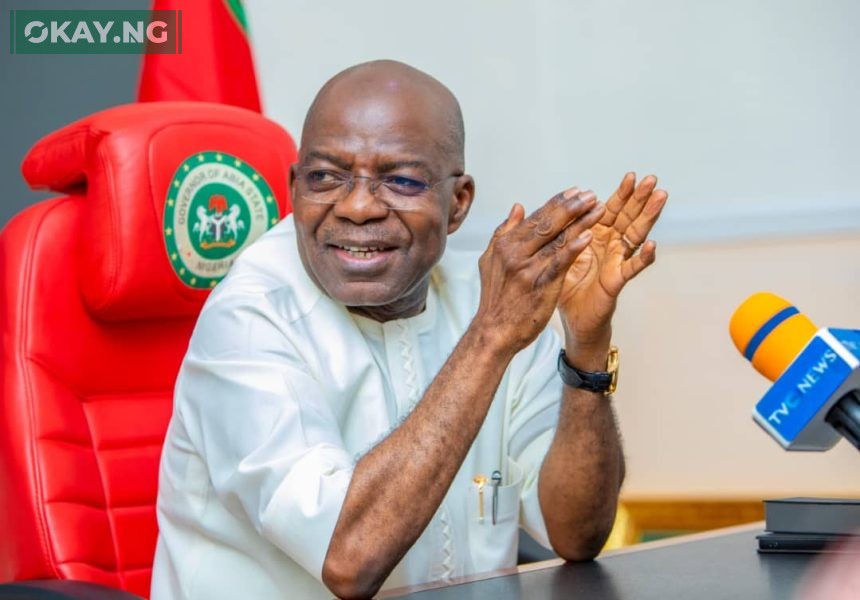In a move signaling a significant stride towards modernizing governance and expanding digital access, Governor Alex Otti has officially launched the State Wide Area Network (WAN), Internet, and Managed Network Services initiative. This ambitious project, unveiled at the Nnamdi Azikiwe Secretariat Complex in Umuahia, aims to transform Abia State into a digitally connected hub, bridging the gap between urban and rural communities.
“Today marks a transformative milestone for Abia State,” Governor Otti announced via his official X page, emphasizing the project’s potential to usher in a “technology-driven transformation.” At its core, the initiative involves the strategic deployment of high-performance digital tools, the laying of fiber optic cables across public institutions, and the establishment of robust infrastructure for high-speed data transmission.
Partnering with ipNX, a leading Nigerian ICT company, the government intends to equip Ministries, Departments, and Agencies (MDAs) with the necessary digital tools and fiber-optic connectivity to streamline governance and enhance service delivery. This modernization, according to the Governor, is not merely about technological advancement, but about fostering economic growth and inclusivity.
“Our vision is to unlock opportunities for enterprise growth by connecting the broader Abia economy to the digital space,” Otti stated. “From enabling artisans and entrepreneurs to trade on virtual platforms to preparing our civil service for round-the-clock operations, the project reflects our commitment to building a New Abia powered by innovation, inclusivity, and progress.”
Beyond administrative efficiency, the initiative carries profound implications for the everyday lives of Abia residents. As I consider the potential impact, I can’t help but think about the local artisan who, for the first time, will have access to a global market, or the student in a remote village who will gain access to online educational resources. This is about more than just infrastructure; it’s about leveling the playing field.
Read Also: $1.6 Trillion Challenge: Bridging the Digital Divide for Global Connectivity
The government’s commitment extends to empowering civil servants with digital skills, ensuring they can deliver faster and more efficient services. “Through this initiative, we are empowering civil servants with the tools and skills to deliver faster, more efficient services to Ndi Abia,” Otti declared.
Crucially, the project seeks to extend digital access to communities across the state. Governor Otti revealed that agreements have been finalized to lay fiber optic cables in Aba, Umuahia, and Ohafia, with a directive to ensure every community in Abia has reliable network service within nine months. “Every community in Abia must have reliable network service within nine months, enabling businesses to thrive virtually,” he instructed the Chief Information Officer.
Recognizing the importance of human capital in this digital transformation, the government is investing in capacity-building programs. “We are also investing in capacity-building programmes to upskill our workforce for the challenges of a digitally driven future,” Otti added.
The ambitious timeline set by Governor Otti highlights the urgency and determination to bridge the digital divide. According to a 2023 report by the Alliance for Affordable Internet (A4AI), Nigeria still faces significant challenges in internet affordability and access, particularly in rural areas. This project, therefore, addresses a critical need, aiming to ensure that the benefits of the digital age are accessible to all Abians.
Governor Otti expressed gratitude to Mr. Gerald Ilukwe, the Chief Information Officer of Abia State, and his team, for their dedication to integrating Abia into the global digital ecosystem. This project has the potential to reshape the economic landscape of Abia State, fostering innovation, and creating opportunities for all its citizens.













